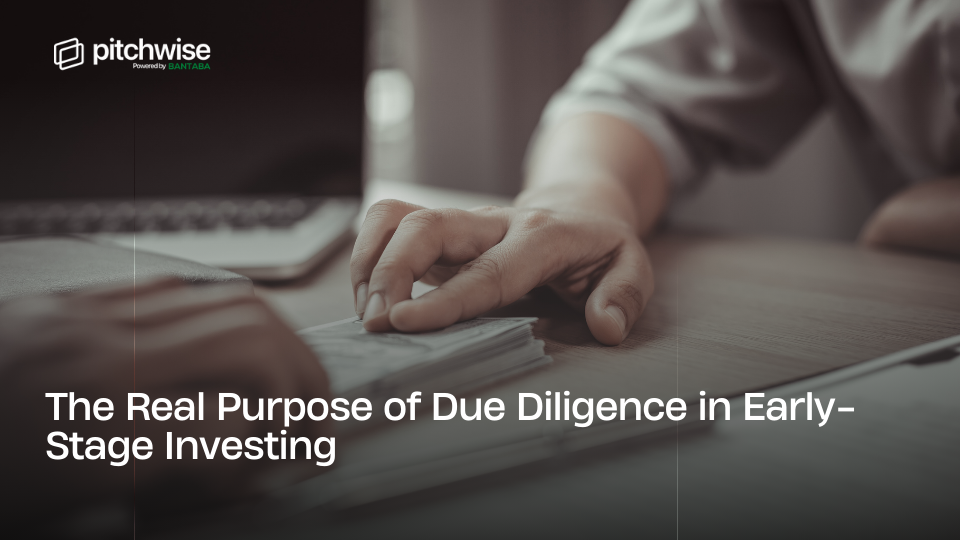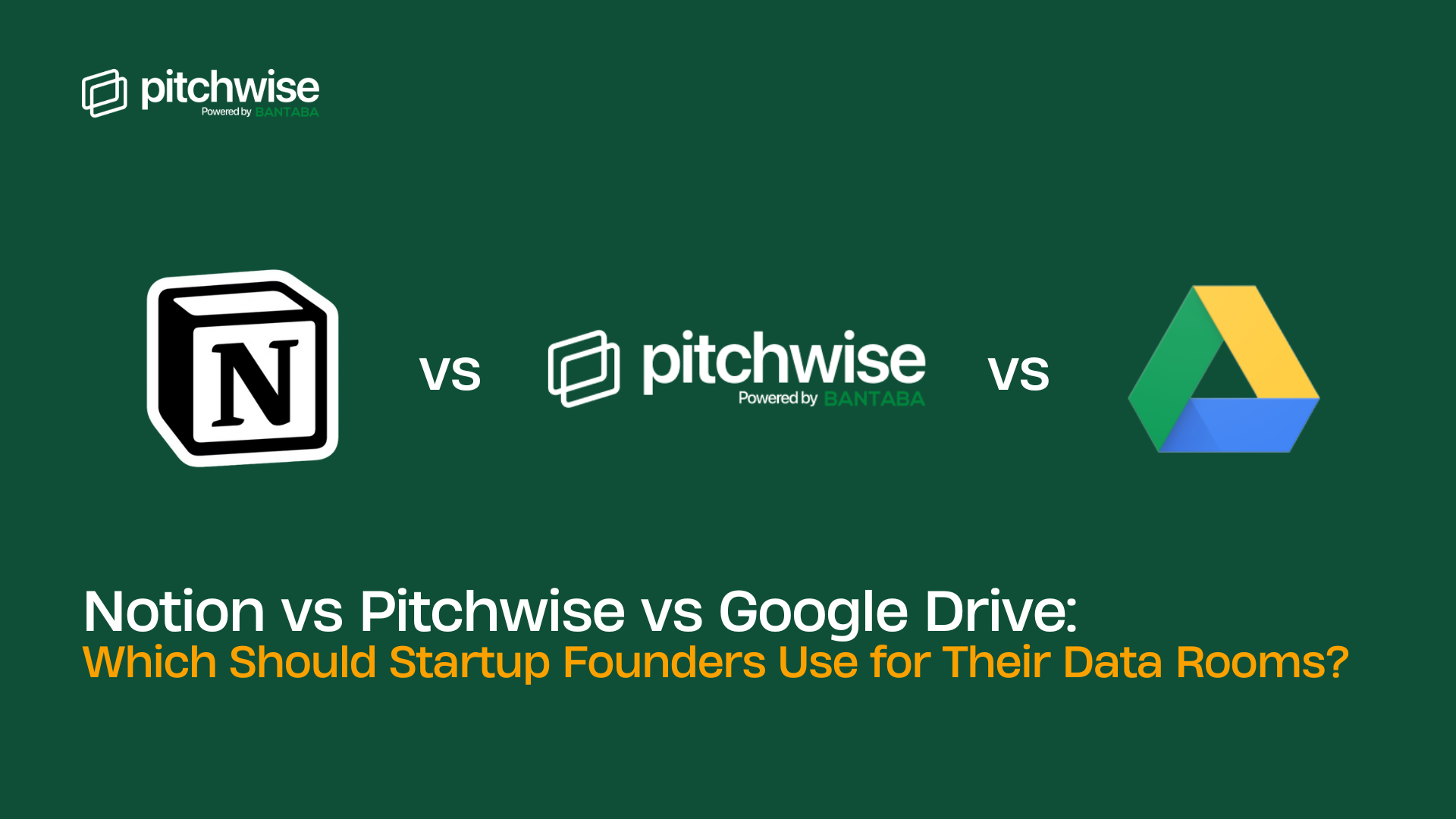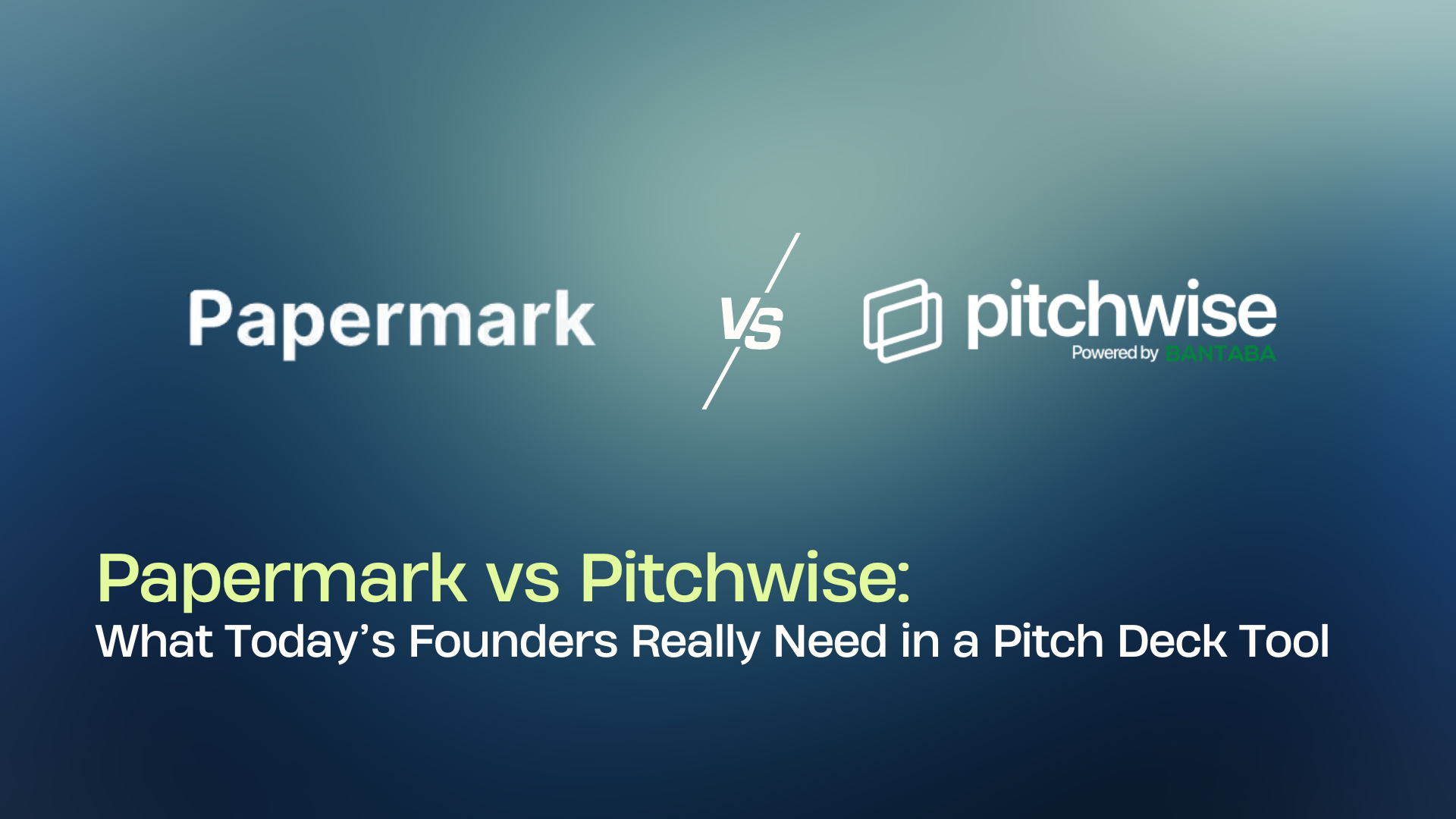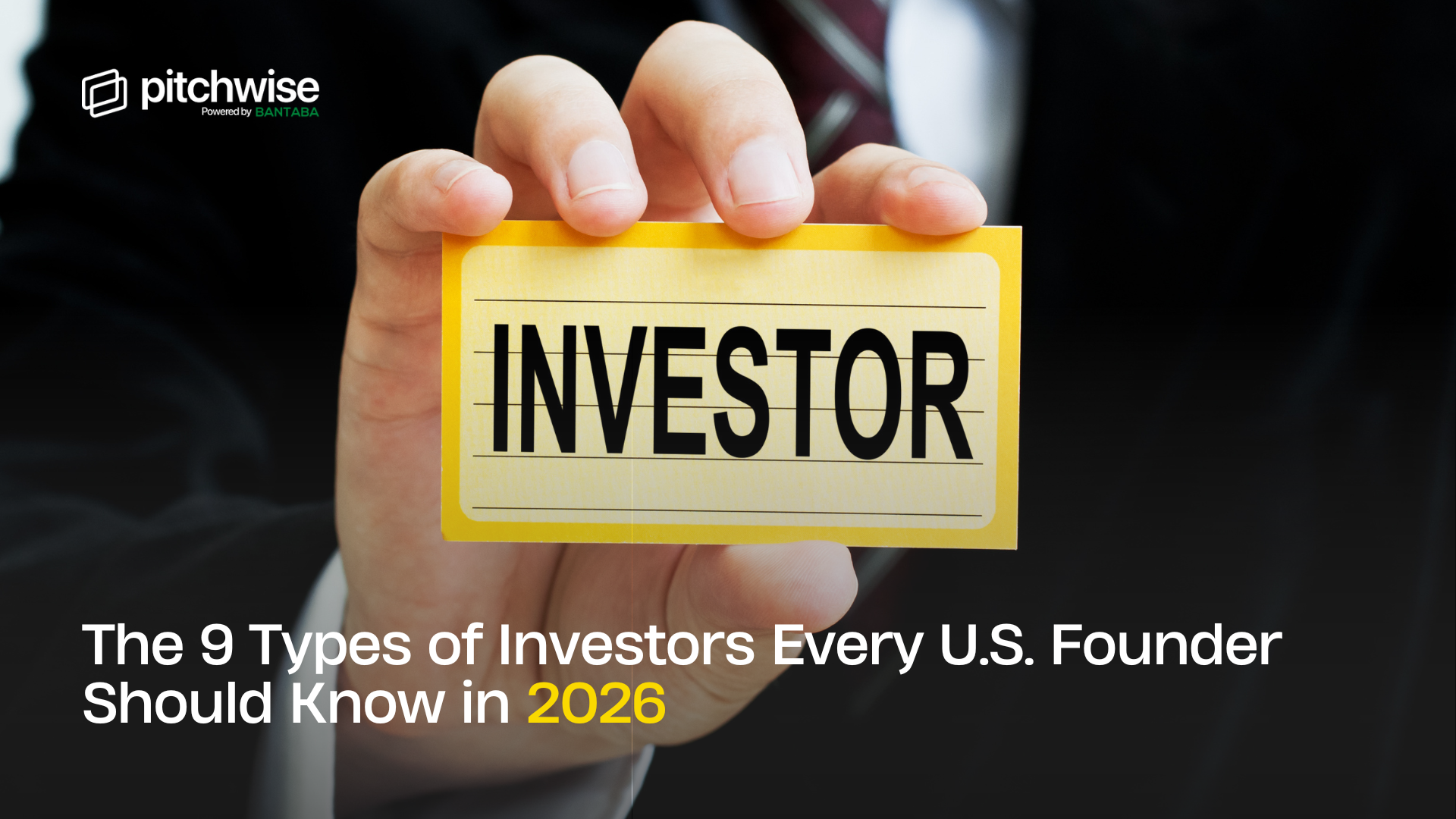Fundraising is rarely a straight line. Every founder knows the grind of pitching, refining, and pitching again, only to realise that who you pitch to can completely change the dynamic.
At the early stage, two investor types dominate the landscape: angel investors and venture capitalists (VCs). Both write cheques. Both want a return. But the way they evaluate startups, the relationship they seek, and the expectations they bring can feel like night and day.
So, how should you adapt when pitching to angels vs. VCs? And where should you keep your story consistent? Let’s break it down.
Who They Are and Why It Matters
Angel investors are usually individuals investing their own money. They may be successful entrepreneurs, executives, or professionals looking to back founders they believe in. Because it’s personal capital, their risk appetite tends to be higher, and their motivations often include mentorship, networks, and a personal connection to the problem you’re solving.
VCs, on the other hand, manage pooled funds from limited partners (LPs). They’re accountable for delivering returns on a fund with a defined timeline. That means VCs are generally more structured, more process-driven, and more selective.
This distinction is critical. When you’re pitching to an angel, you’re speaking to a person. When you’re pitching a VC, you’re speaking to an institution.
What Changes: Tailoring Your Pitch
1. Check Size and Risk Appetite
Angels usually write smaller cheques ($10k–$250k) but can move faster with less red tape. They may be excited about vision and grit even when traction is minimal.
VCs, depending on the fund, may invest anywhere from $250k to millions. But they’ll expect clearer signals of product-market fit, a large addressable market, and a credible scaling plan.
👉 Adjust your “ask”. An angel may resonate with your early experiments and hustle. A VC will want to see how those experiments translate into a scalable business model.
2. Relationship vs. Returns
For angels, relationships matter. They often back the founder as much as the business. If they believe in you and your story, they’re willing to take a leap.
VCs need to show returns to their LPs. Your personal story matters, yes, but only as much as it proves you can execute in a market large enough to deliver venture-scale outcomes.
👉 With angels, lean into the “why me” story. With VCs, emphasise the “why now, why this market, why us”.
3. Due Diligence and Formality
An angel may invest after a handful of meetings, references, or a shared network connection. They might skip deep legal or financial diligence if trust is strong.
VCs run a process: multiple partner meetings, legal reviews, market analysis, sometimes months of back and forth. They’ll want access to a structured data room with financials, market size, competitive analysis, and team bios.
👉 Don’t show up to a VC pitch without a clean, investor-ready data room. Angels may forgive messy notes; VCs won’t.
4. Value Beyond Capital
Angels often act as mentors, connectors, or advisors. They’ll pick up the phone when you’re in a bind.
VCs can offer scale: recruiting support, partnerships, brand credibility, and introductions to later-stage capital. But they’ll also have expectations: reporting, board meetings, and growth milestones.
👉 Position your pitch to highlight how you’ll use not just their money, but their unique value-add.
What Doesn’t Change: The Core of Your Story
Here’s the truth: whether you’re pitching an angel or a VC, some things remain constant.
- Clarity matters. If your problem, solution, and business model aren’t simple to understand, you’ll lose both.
- Market size is non-negotiable. Both angels and VCs want to know the market is big enough to sustain growth.
- Traction wins. Early users, revenue, or partnerships speak louder than any slide.
- Trust is everything. Even the sharpest deck won’t save you if investors don’t believe in your ability to execute.
The fundamentals of storytelling — problem, solution, traction, market, team — don’t change. What changes is the weight you give to each part depending on who’s listening.
Bringing It All Together
So, should you pitch differently to angels vs. VCs? Absolutely. But don’t reinvent yourself every time you’re in the room. Instead, think of it like adjusting the dial. With angels, dial up the personal connection, vision, and grit. With VCs, dial up the scalability, data, and structure.
At the end of the day, both are looking for the same thing: conviction. Conviction that you’re solving a real problem, in a growing market, with the right team to execute.
Pitchwise was built to help founders navigate exactly this. From editable pitch decks tailored to your stage to real-time deck analytics that show you who’s truly interested. Whether you’re speaking to angels or VCs, we help you show up prepared, confident, and focused on what really matters.















.png)















.png)









.png)







.png)















.png)

.png)



.png)
.png)


.png)
.png)



















